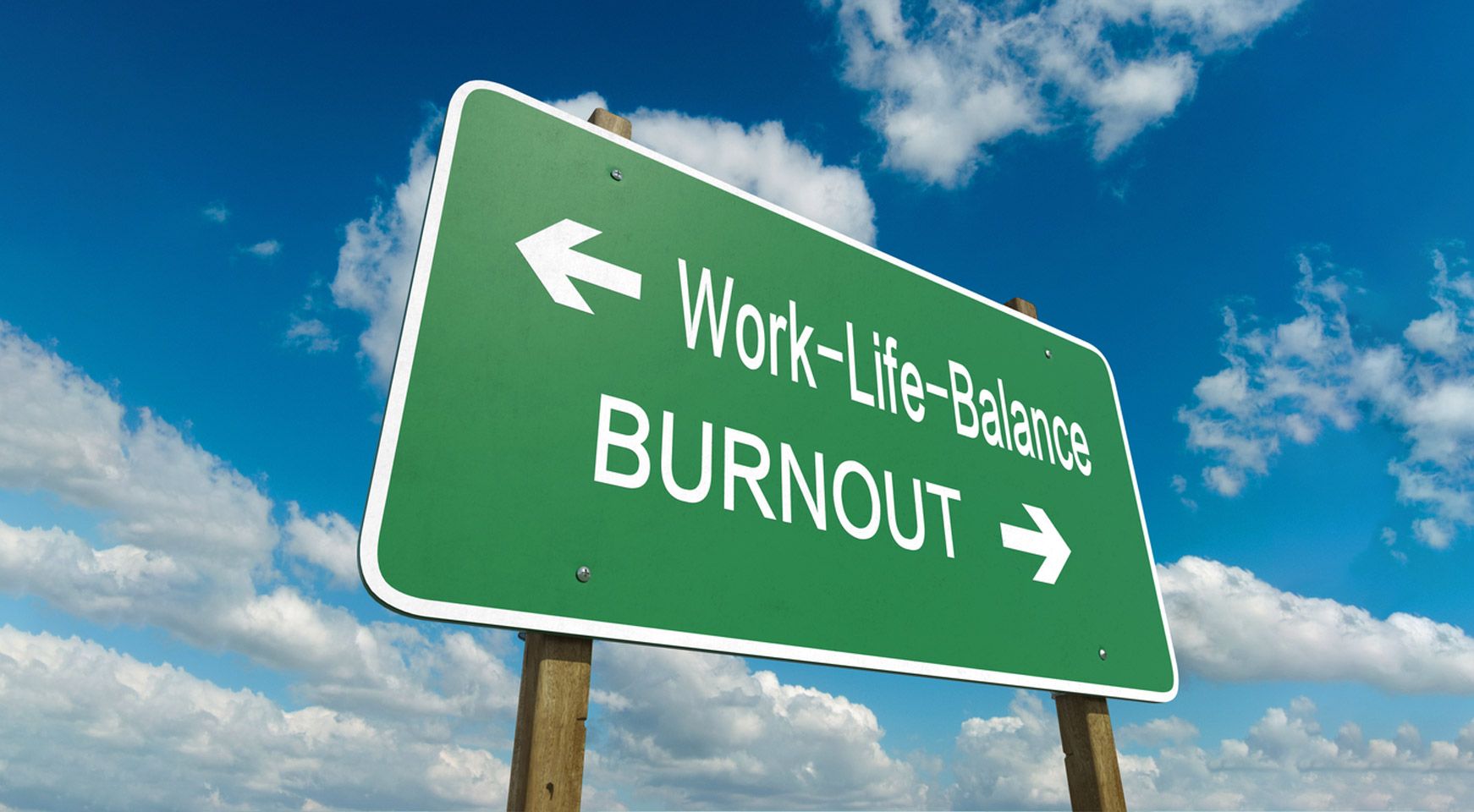Work-life balance

Surviving or thriving?
The key to striking a good work-life balance is identifying what suits your needs and ensuring that you are in a position to consistently manage those needs. There isn’t a ‘one-size-fits-all’ answer; it’s about working out what helps you to thrive as a human being rather than just survive.If you feel that you are simply surviving life rather than enjoying it, then you risk feelings of frustration, anger and regret and you also risk compromising your mental and physical wellbeing.
Work smarter
Essentially the answer lies to some degree in working smarter rather than just working. Work-life balance looks different to everyone. To some, it can mean working 60 hours a week and having time to read the kids a story at bedtime and a night out once or twice a month, but for others it can mean 20 hours a week spent at work and the rest of the time exploring the world or indulging some other hobby or ‘grand passion’.
Know your drivers
The place to start is by identifying your professional and your personal priorities. Time to spend in the gym three times a week, being able to sit down for dinner with the family, time to actively pursue a hobby, having a busy social life, family holidays – these are all very common personal priorities. Identifying your work priorities may not be quite as straightforward. Aspects to consider aside from actual working hours can include earnings potential, career progression, travel, professional development opportunities and vocational learning – opportunity in any or all of these are contributors to job satisfaction and can be some compensation for a lengthy working week. It’s also vital to ensure that you are simply happy within your role and chosen career field because this has a significant impact on your perspective of work-life balance. If you are working flat out in a job or industry that you don’t want to be in, then it will be much harder to reach any compromise that adequately compensates you for feelings of unfulfillment and ultimately resentment.
Be organised
Once you are in position where you have ‘good order’ of your work and life priorities you can then break things down even further by making a daily ‘to do’ list, which will help to keep your day on track and help to ensure that tasks are accomplished. You need to avoid allowing yourself to become too side-tracked or spreading yourself too thin. Actioning things as soon as you receive them will also help you to feel that you are in control – you can either add these new tasks to (or move them up) your ‘to do’ list – or even delegate them.
The little things count
A very simple way towards achieving some level of satisfaction out of every day is to set a daily goal to do at least one thing that you enjoy – such as a break away from your desk to eat your lunch, getting some physical exercise, meeting a friend for a quick coffee or just reading a book or listening to music. It’s important to have personal high points to look back on during the process of reflecting on your day, no matter how insignificant those high points may seem.
Take back control
The most important thing of all is to recognise that you can’t do everything – nobody can. Use friends, family and support networks and ultimately be honest enough to recognise both inwardly and outwardly your capabilities and your limits, most importantly because you are going to feel a certain level of guilt no matter what you do. Knowing what your priorities are and ordering your life to give greater capacity to that life is the key – it’s never too late to re-balance and take back control.

